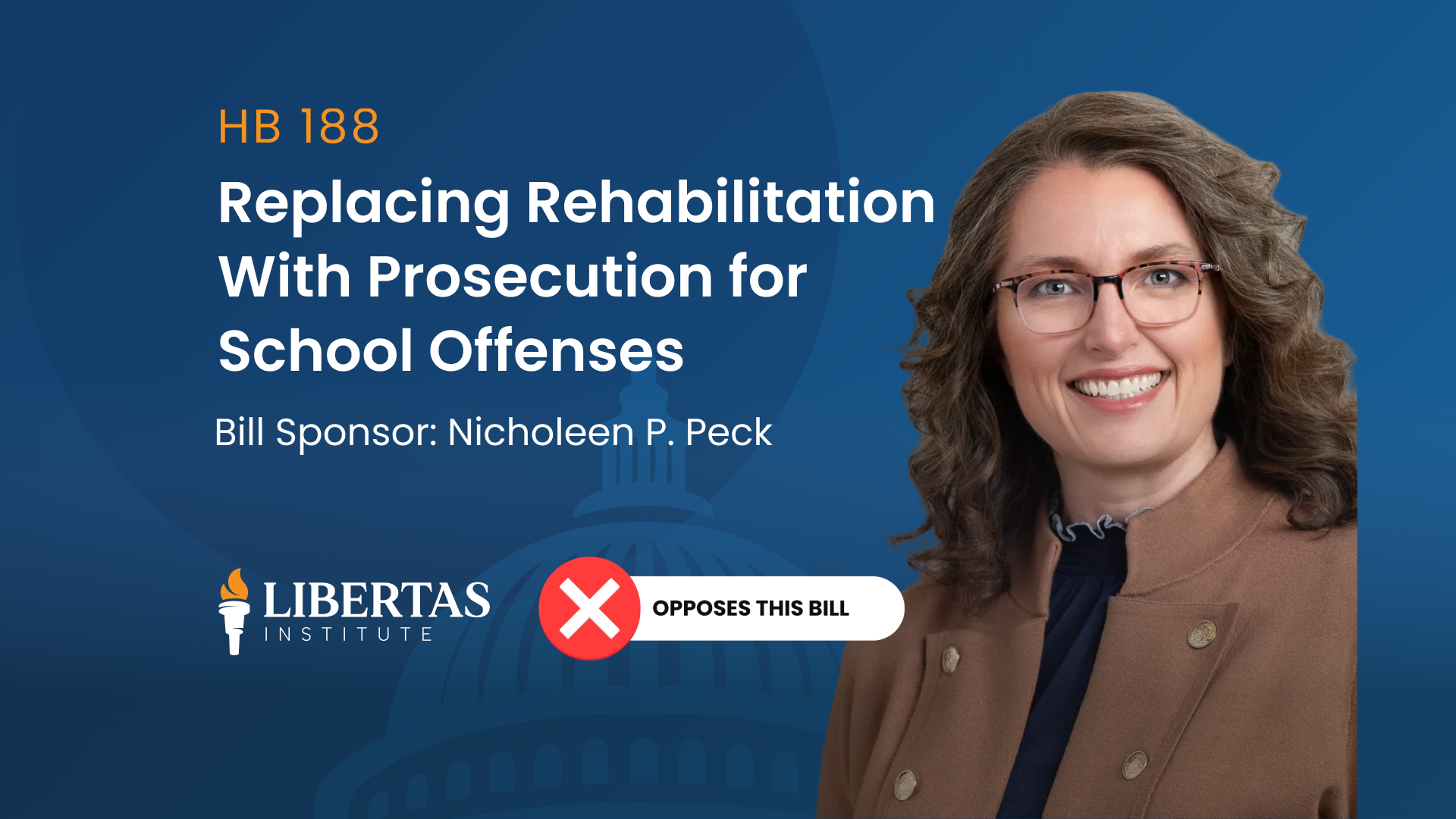This bill passed the House and Senate unanimously. Libertas Institute opposes this bill
In Utah’s rural counties, it can be difficult to sustain a successful business due to obvious reasons such as location and demographics. The Utah Legislature has attempted to help by creating grant programs to help grow economic opportunities in these rural areas. But are these grants truly benefitting the state?
As a principle of fairness, statewide taxpayer money should not act as an unlimited bank for businesses that only benefit a small number of people. Yet year after year, the Legislature is faced with various bills to do just this. House Bill 84 sponsored by Representative Christine Watkins is no exception.
HB 84 directly addresses the existing programs of the “Rural Fast Track” grant which is given to growing rural businesses, and the “Business Expansion and Retention Initiative” for rural economic development. Under current law, there is a $30,000 cap on the amount that can be given to a single rural economic development entity to ensure competing grant applications can still have access to funds. Among other technical changes, this bill would remove that cap, allowing single businesses “primarily engaged in economic development efforts” to take thousands and thousands of dollars that they never have to pay back—despite the success or failure of the entity.
The bill would also shorten the review period from 24 to 12 months in determining the number of jobs the company has created.
Rural businesses still have access to private grants, and bank loans, just like urban companies. Creating a special government fund for them is unfair to taxpayers around the state who will never benefit from the remote businesses created. It would not be wise for Utah to limitlessly expand the pot of money for single entities to benefit from, which is what this bill allows.




